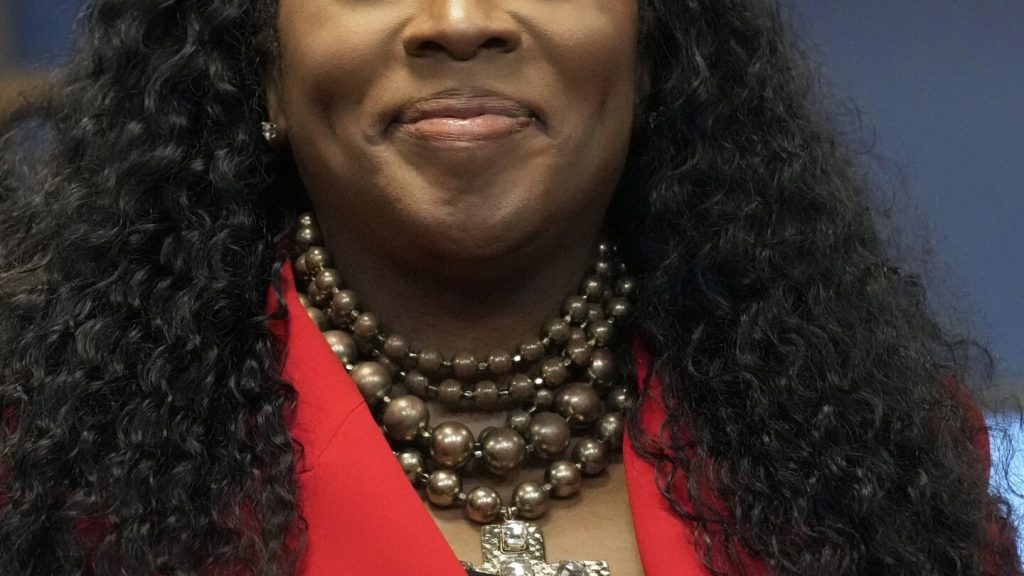The Illinois House approved a $53.1 billion state budget that includes an increase in taxes and other tax code changes to generate $1.2 billion in funding. The budget, which is $400 million more than what Governor J.B. Pritzker proposed in February, focuses on investing in children, infrastructure, and vulnerable populations. Despite going beyond their self-imposed adjournment deadline, lawmakers are expected to finalize the budget early Wednesday due to constitutional requirements. However, Republicans have criticized the spending, arguing that Democrats are not preparing for potential lean years ahead.
The budget includes a $350 million increase for elementary and secondary education as well as an additional $75 million for early childhood education. It also allocates funds for services for migrants seeking asylum in the U.S. and for healthcare for noncitizens. The state will fully fund its underfunded pension funds and contribute $198 million to the rainy day fund for economic downturns. While Democratic lawmakers argue that the proposal is only a 1.6% increase from the current year’s spending, Republicans express concerns about the long-term sustainability of the budget, citing past increases in spending over the past decade.
To generate additional revenue, the budget includes business tax hikes, such as extending a cap on tax-deductible business losses and capping the amount retail stores can keep for sales tax expenses. The plan also increases taxes on sports wagering and video gambling, although the tax rates were less than what Governor Pritzker initially proposed. The budget eliminates a 1% tax on groceries as part of inflation-fighting efforts, but allows municipalities to implement their own grocery tax up to 1% without state oversight. Additionally, cities or counties with home-rule authority can implement a sales tax up to 1% without voter approval.
Overall, the budget aims to balance, responsible, and fair, addressing key areas of investment while also generating necessary revenue through tax code changes and tax hikes. The approval of the budget reflects the Democratic-led Legislature’s commitment to funding essential services and programs, despite concerns from Republicans about overspending and potential consequences in the future. The finalization of the budget signals a step forward in securing funding for education, healthcare, infrastructure, and other critical needs in Illinois, as the state continues to navigate economic challenges and uncertainties.


